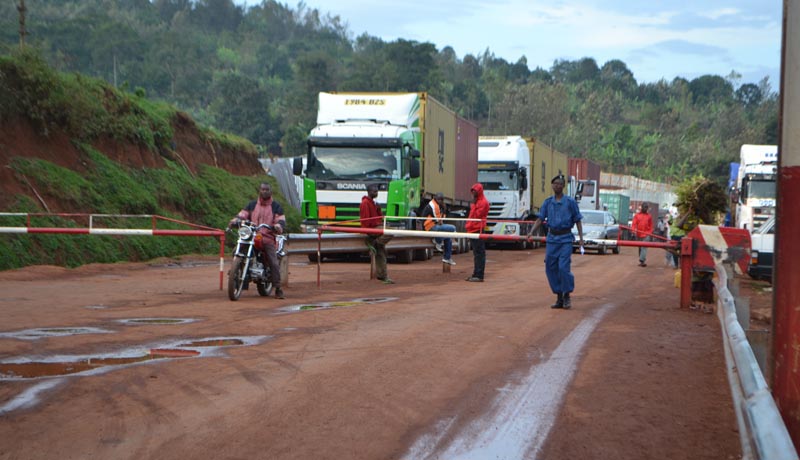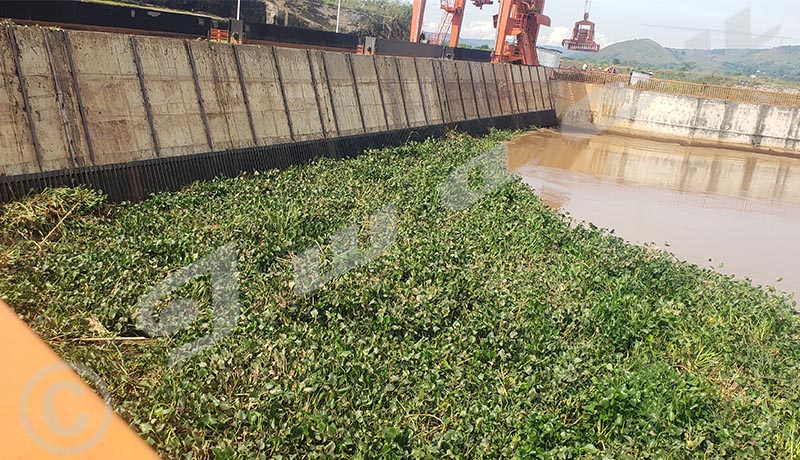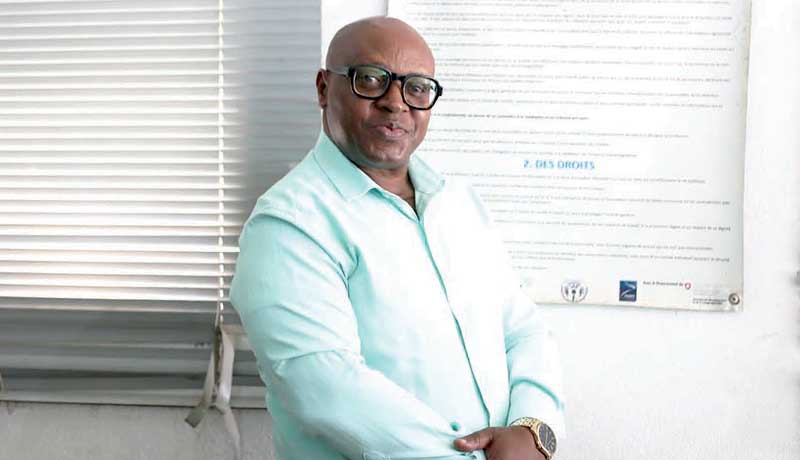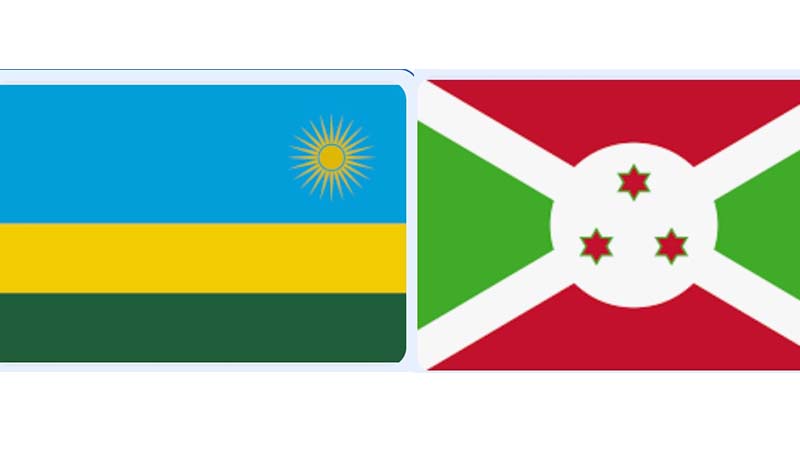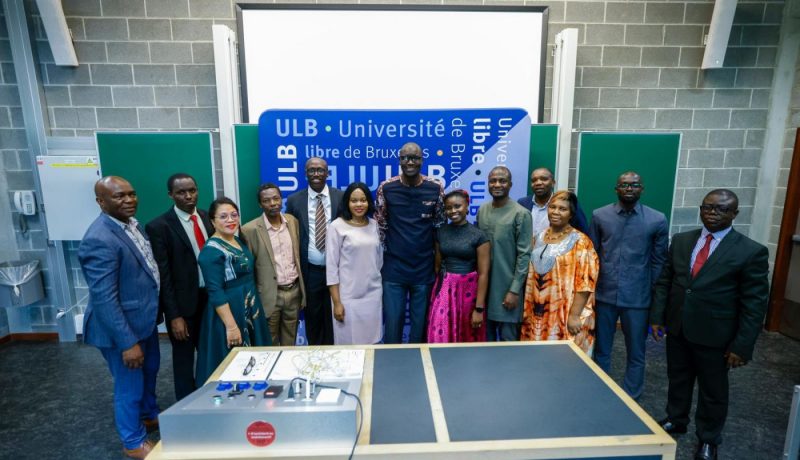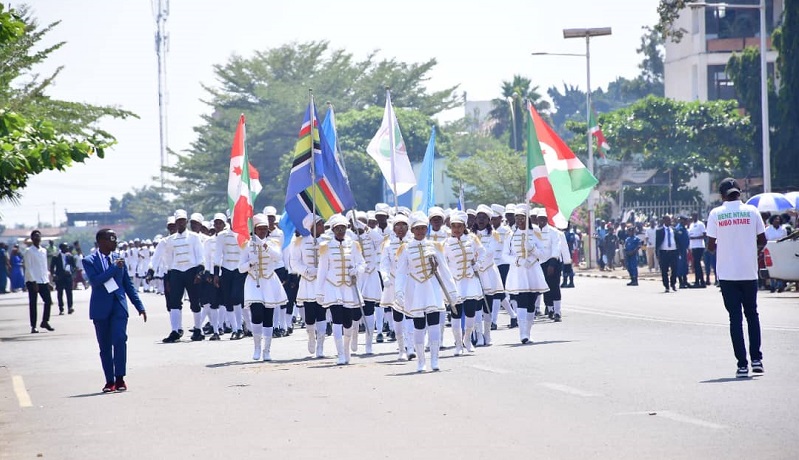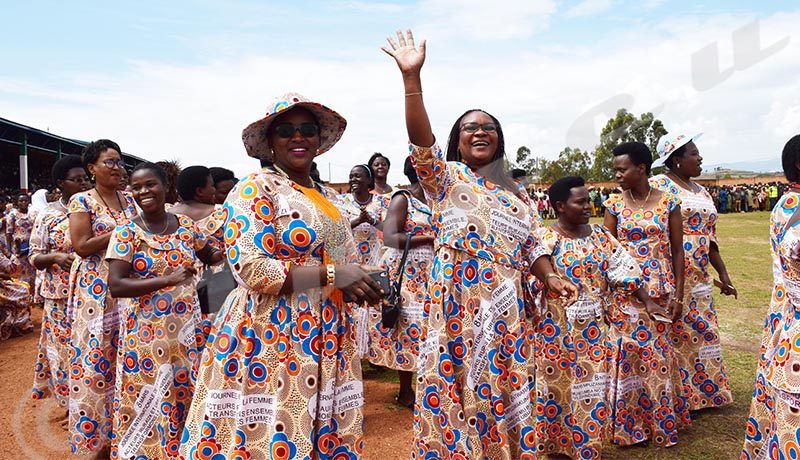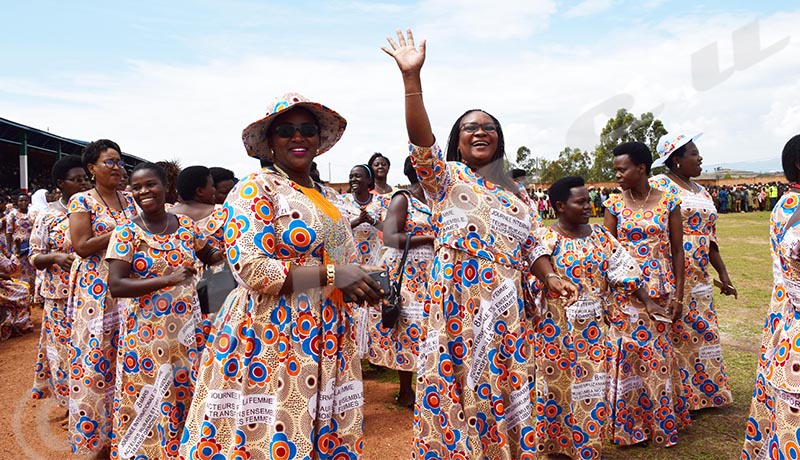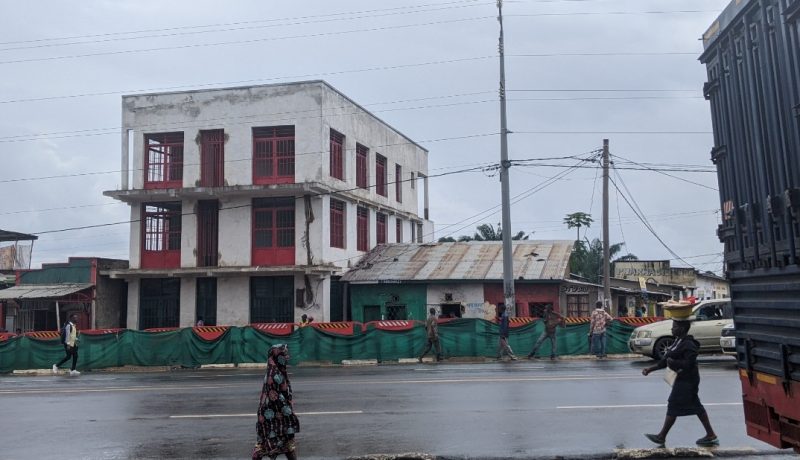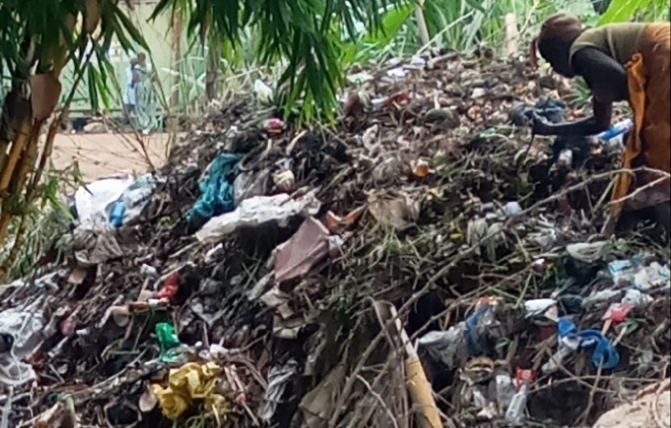Inaccessibility to sufficient credits, ignorance of the laws and trade laws and rules, the monetary Union and common currency not yet effective, are some of the obstacles to the development of activities undertaken by women entrepreneurs.
Gathered in an association, EAWEEXN (Eastern Africa Women Entrepreneur Exchange Network), the women from Rwanda, Uganda, Kenya, Tanzania, southern Sudan and Ethiopia have almost same problems.
« In Burundi, women entrepreneurs have a serious problem, namely the lack of sufficient capital. » The woman entrepreneur keeps going and coming and she only can provide a small quantity of goods due to lack of money. « Access to credit is not easy because banks require guarantees knowing that Burundian women are not entitled to the estate ownership. » Jacqueline Kandava, a member of the AFAB (Association of Women Entrepreneurs of Burundi), says.
She adds that the fact that goods are insured constitutes a big risk. « In 1996, when Burundi was under embargo, I lost goods worth 180 million Burundian francs. » They were blocked in Tanzania until they get rotten. Out of this amount, only 60 million belonged to me: the rest was a loan. I had to stop my business because I was insured nowhere. « , she laments. » Ignorance of the rules and laws governing cross-border trade is also another hindrance to the development of their activities: « we encounter many difficulties when we get to the border with our goods because we do not know our rights and our duties. » We are obliged to stay there for long hours; there are even some of us who have been raped. « Sometimes, we are asked to pay very high taxes », continues Jacqueline Kandava.
The common currency which has not yet been adopted within the EAC also remains a notable obstacle for those engaged in trade with EAC partner states. Burundi is more affected by this problem because its currency is very low. « When we buy goods at the market in Kampala, for example, our offer is inferior compared to the purchase power of our peers/ counterparts from other EAC state partners. We bargain a lot before we can buy in order to avoid working at a loss. “ The lack of sufficient credit was emphasized by the majority of participants in a meeting of East African business women. But in some countries, women entrepreneurs have already begun to make own resource mobilization. It’s the case of Southern Sudan, Kenya and Ethiopia where women have put in place their own micro-finance institutions.
In order to deal with the problem of credit, Professor Prime Nyamoya suggests that the Governments of these seven members of the EAWEEXN create a guarantee fund for women entrepreneurs. « Before appealing to the international donors, african countries can mobilize internal resources by requiring the imposition of additional tax of excise duties for banks and large corporations. An addition of 5-10% tax will not cut the demand for their products. » he explains.
Prime Nyamoya, now economic advisor to the Togolese president has found that women entrepreneurs will be able to benefit from the long term credits, unlike the credits of banks that are short term: « the Governments will also, in the process, finance their countries at the same time. » To make cross- border trade prosper between these countries of the community of East African Community, Gilbert Niyongabo, Professor at the University of Burundi, indicates that it is important for each country to know its comparative advantages. In a context of free trade, it is important for each country to determine the products with the highest productivity compared to other sister countries. Therefore every country should specialize in the multiplication of these products. « Each should know what and with whom to exchange »
